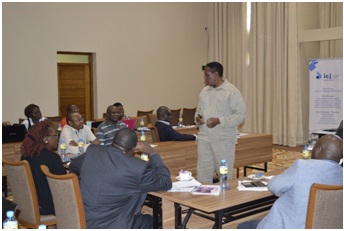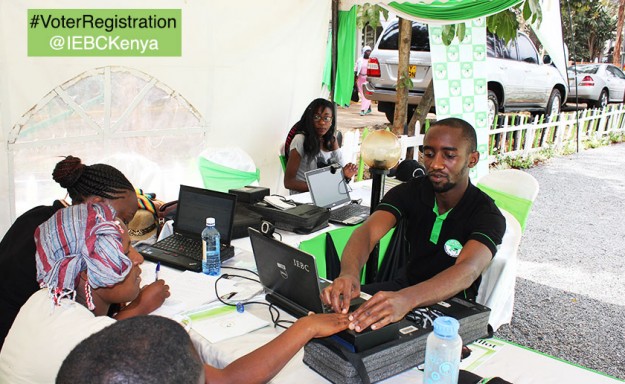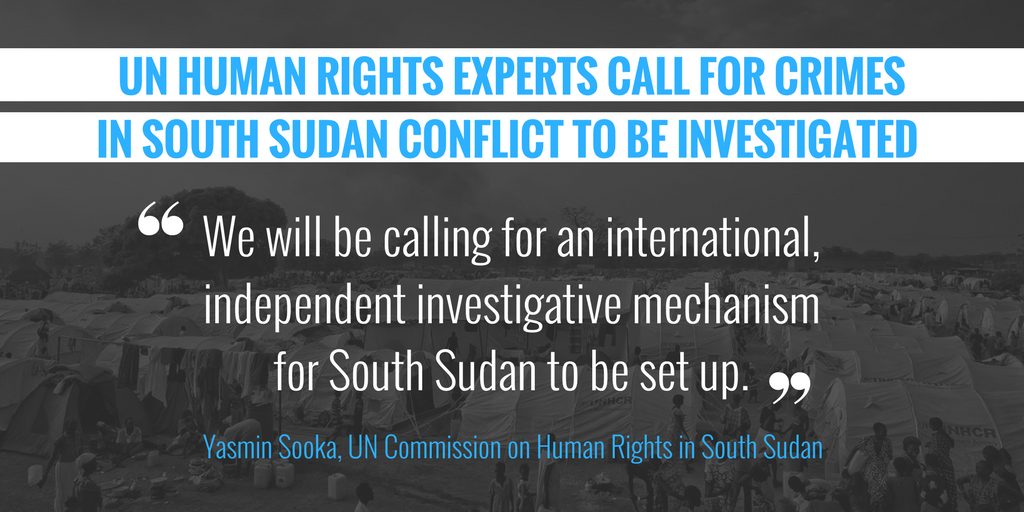By Elsy C. Sainna, Deputy Executive Director
The much awaited law covering the legal aid regime was finally passed by parliament and obtained assent from the Presidenton Friday 22nd April 2016. The enactment of the Legal Aid Act, 2016(the Act) marked an end to a long and tedious journey; civil society have been on the forefront campaigning for its enactment and attributed to its strong watch dog role that ensured that state upheld its international human rights obligations, specifically on the right to access justice. Thus, for ‘Wanjiku’, this draws her closer to the elusivegoal, quest to access justice.
The advocacy effortsbegan over twelve years ago with the formulation of the Legal Aid Policy. The consultations were robust amongst stakeholders who included civil society, state agencies such as the Law Reform Commission (KLRC), Kenya National Human Rights Commission (KNCHR) and the National Legal Aid and Awareness Programme (NALEAP) an agency that was established then under the Ministry of Justice to pilot the legal aid regime, prior to the promulgation of the Constitution in 2010.
A closer look at the salient features of the Act reveals an ambitious and comprehensive legal regime. The preamble, guiding principlesand objects of the Act are anchored onconstitutional provisions and spirit contained under Articles 19 on rights to fundamental freedoms, Article 48 on right to access justice, Article 50 (2) (g) (h) on the right to choose counsel and be informed of legal representation at the expense of the state.
A key feature of the Act is that it creates as Legal Aid Service, asa state agency with broad functions. Some of the central functions that are of particular interest to ICJ Kenya include but are not limited to the agency and these are governance, administration of the legal aid fund including accreditation of legal aid providers, development of standards and guidelines, promotion of alternative dispute resolution and public interest, research in the field of legal aid with special reference to the needs among indigent persons and marginalized groups.
Of particular interest is that the Act defines from the outset who is eligibleand what constitutes legal aid. It provides that for purposes of the Act, Legal Aid includes legal advice, representation, drafting of relevant documents, giving effect to ADR and out of court settlements, awareness raising and recommendations for law reform
There exists several opportunities for ICJ Kenya to robustly engage in implementation of the law based on definition of what constitutes legal aid. Besides providing pro bono legal representation, legal awareness will be ICJ Kenya’s priority going forward. Furthermore, it is intended that the legal aid regime will be devolved and administered through “Justice Advisory Centers”. Other than legal practitioners, variousinstitutionssuch as the Judiciary are charged with corresponding obligations to ensure successful implementation of the legal aid regime. This presents a further opportunity for ICJ Kenya to act as an interlocutor of all the justice chain actors.
Going forward, ICJ Kenya will continue to ensure that the government allocates adequate funds in order to ‘breath life’ into the legal aid regime for the agency to optimally realize its functions. In the meantime, ICJ Kenya will mobilize its membership to take on accreditation and provide pro bono legal services.Only then will ICJ Kenya truly be deemed to have achieved its ideals of promoting a just, free and equitable society for all.











